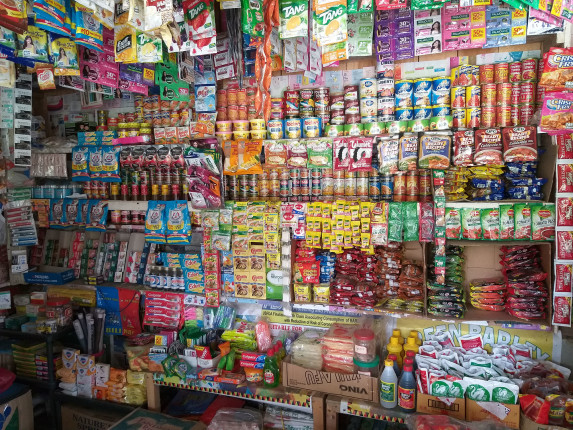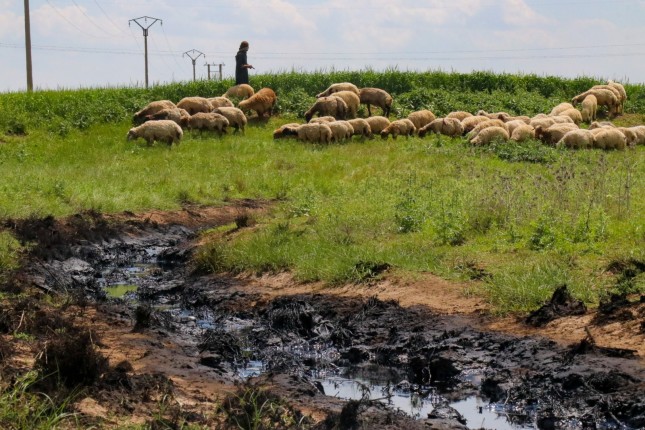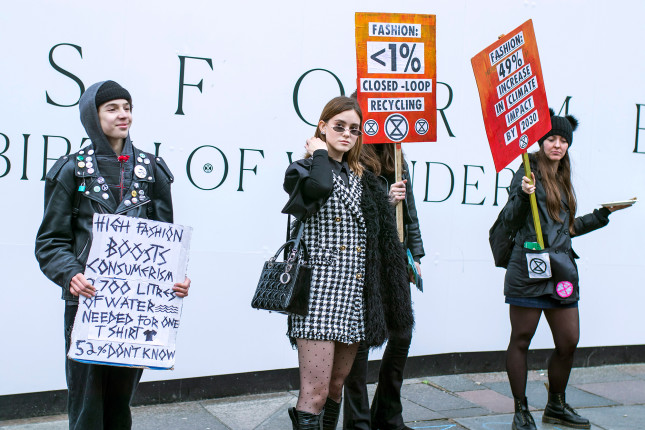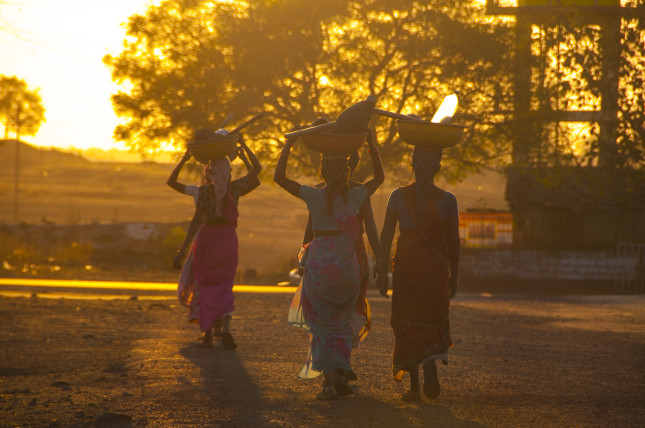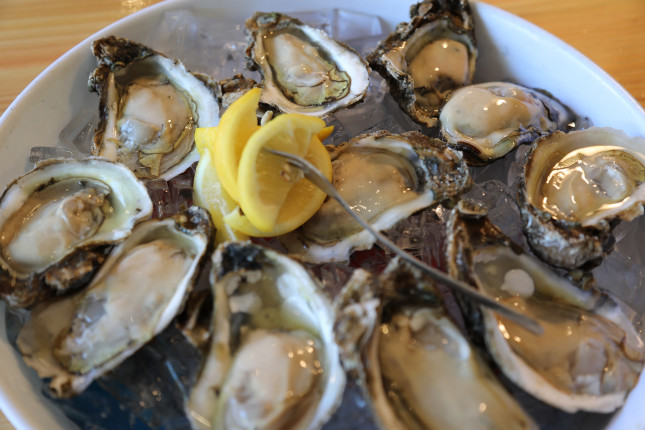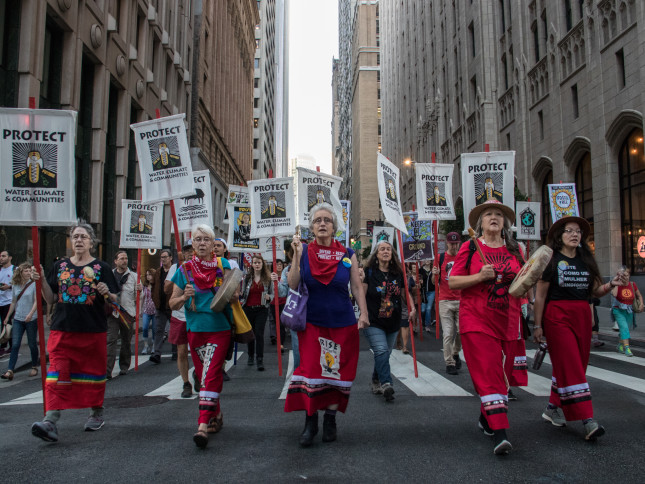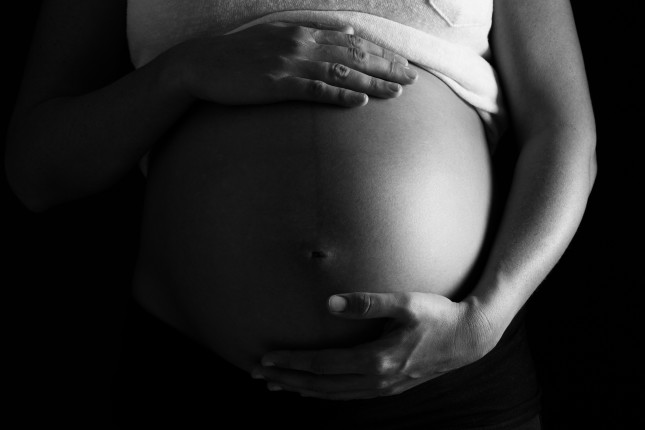-
21st Century Diplomacy: Foreign Policy is Climate Policy (Report & Project Launch)
›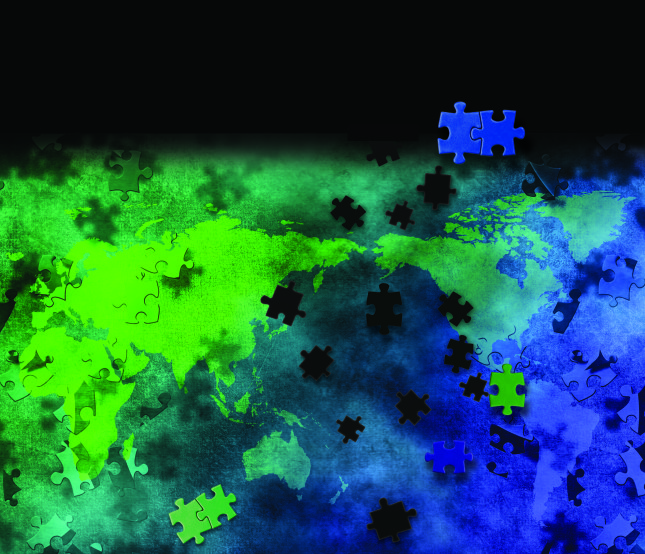
Climate change will upend the 21st century world order. It will redefine how we live and work, and change the systems of production, trade, economics, and finance. Even now, in the midst of a global pandemic, it is clear that climate change will be the defining issue of this century. In fact, COVID-19 has only underscored the inadequacy of our responses to global crises and heightened the urgency of this call to action. 21st century diplomacy will have to raise climate ambition, shape the transformative systems change needed, and promote and facilitate new modes of multilateral collaboration.
-
Turning off the Tap: Plastic Sachets and Producer Responsibility in Southeast Asia
›
In the crowded capital city of Manila, the Philippines, one quarter of the population of 15 million people has less than one dollar to spend per day. Residents depend upon the tiny and ubiquitous convenience stores, known as sari-sari stores, for daily essentials like food and hygiene products, much of which are sold in convenient single-use sachets (small plastic pouches) for just a few cents each. These sari-sari stores are the major source of the 150 million sachets used daily in the Philippines.
-
Where the Oil Runs Deep, Water Turns Foul
›
When Farhad Ahma returned to his native country last year on a work trip, his first thought was of his small daughter back home. The air around him was so thick with pollution, he couldn’t imagine she would survive the climate in this region of northeastern Syria. Ahma himself struggled to breathe almost as soon as he arrived, nauseated by the heavy smell within a couple hours. He was born and raised nearby, in a city called Qamishli, but he had lived in Berlin for some time now. Returning was a shock to his system.
-
How Plastic Pollution is Being Woven into Fast Fashion Culture
›The words “plastic pollution” evoke images of discarded plastic bottles and bags, derelict fishing gear, and crushed cigarette butts set on a beautiful beach or floating underwater. In this imagery, the ebb and flow of plastic pollution is visible to the naked eye. But the plastic we can see is only part of the problem. What we do not see so easily are the microscopic, hair-like plastic fibers that are coursing through the water and air, accumulating on beaches, in intertidal zones, and even in Arctic sea ice. These are synthetic microfibers: thin pieces of plastic, a sub-category of microplastics, that resemble a strand of hair. -
At the Intersection of Climate Change and Environmental and Reproductive Justice
›“Reproductive justice is the right to reproductive health care, and the right to have children or not, the right to the healthiest possible pregnancy and birth, and the right to raise children in a safe and healthy environment. These rights will be challenged by climate change, including increasing temperatures,” said Linda Goler Blount, President and CEO of the Black Women’s Health Imperative, at a recent webinar on the intersections of environmental and reproductive justice on maternal health, climate change, and birth outcomes. The webinar was held on Juneteenth, the holiday commemorating the end of slavery in the United States, and many panelists’ remarks amplified the significance of the date. “Make this Juneteenth another beginning. One where we commemorate the end of climate injustice for Black and Brown people who bring life into this world,” said Blount.
-
The World Is Your Oyster and Your Plastic Pollution Is Getting Into It
›
Picture this: It’s a warm, spring day in May 2021. You are at a local seafood restaurant overlooking the Chesapeake Bay and your order of raw oysters arrives delicately placed on a layer of ice. Your waiter reviews the type of oysters you ordered. He says, “Running clockwise, you have Pemaquid, Blue Point, and PEI.” Before the waiter steps away, he asks, “Would you like extra microplastics added to your oysters?” Dumbfounded, you reply, “Extra?”
This Twilight Zone-like scenario is not totally fictional. Oysters are a keystone species in the environment, meaning they are the backbone of ecosystems. They are heroes in a small shell. In addition to where they sit on the food chain, oysters can filter up to 50 gallons of water per day, cleaning the surrounding water of chemicals and pollutants. However, this means they inevitably suck up more than they bargained for. Scientists have discovered that oysters contain microplastics, plastic pieces that measure less than 5 mm in size in one dimension (similar to the size of a sesame seed). Oysters suck in microplastics and, sometimes, they never pass them out.
-
Divesting Won’t be Enough to Achieve Climate Justice
›
A quiet disruption to the established financial order is underway: Around the world, institutions are pulling their investments out of fossil fuels. Climate activists campaigning for divestment suggest that such economic rearrangements might keep oil, gas, and coal in the ground, curbing carbon emissions. In parallel, some high-profile advocates call for reinvestment in renewable energy. But can the financial sector really drive the structural changes needed to address climate change—and, more fundamentally, climate justice?
-
Exposure to Air Pollutants and Heat Made Worse by Climate Change Impact Black Mothers the Most
›
Environmental exposures exacerbated by climate change are contributing to adverse pregnancy outcomes across the United States, with a disproportionate impact on Black women. A new study published in JAMA Network Open draws concrete connections between exposure to air pollution, ozone, and high temperatures during pregnancy and the likelihood of adverse pregnancy outcomes—premature birth, low birth weight, and stillbirth.
Showing posts from category pollution.


